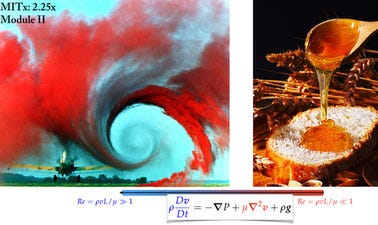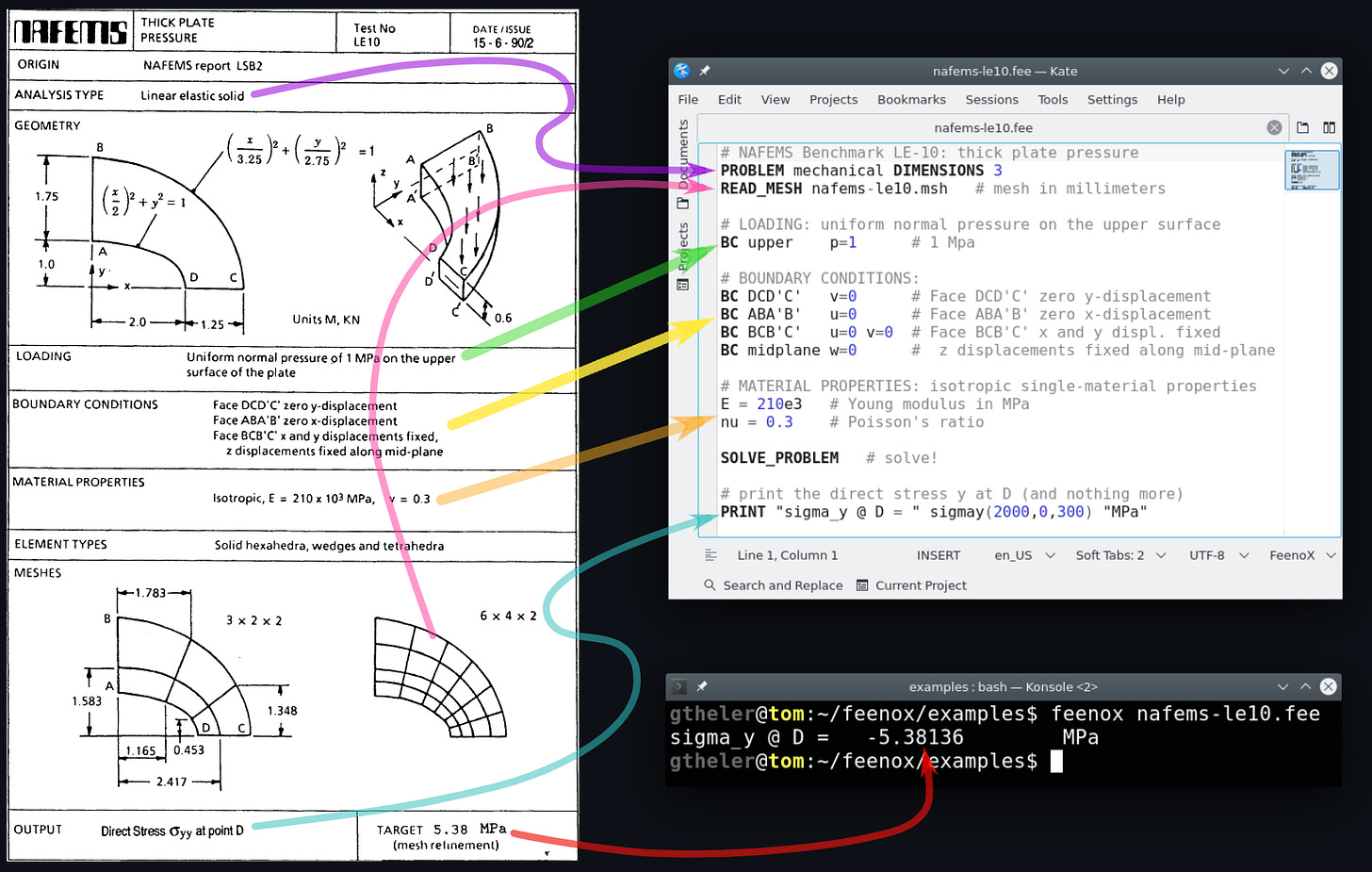Fluid Topology Optimization, Helmholtz-Hodge Decomposition & FeenoX
📚 Even the genius asks questions.
🎙️Fluid Topology Optimization - Marco Pietropaoli | Podcast #128
🚀 Langley Unitary Plan Wind Tunnel
💻 Physics-Constrained ML for Scientific Computing
A fundamental challenge is that the predictions of deep-learning models trained on physical data typically ignore fundamental physical principles. Such models might, for instance, violate system conservation laws: the solution to a heat transfer problem may fail to conserve energy, or the solution to a fluid flow problem may fail to conserve mass.
Similarly, a model’s solution may violate boundary conditions — say, allowing heat flow through an insulator at the boundary of a physical system. This can happen even when the model’s training data includes no such violations: at inference time, the model may simply extrapolate from patterns in the training data in an illicit way.
🌀 Advanced Fluid Mechanics 2: The Navier-Stokes Equations for Viscous Flows
Learn to apply the Navier-Stokes equations to viscous-dominated flows; including pipe flows, channel flows and free surface flows, use dynamical similarity and dimensional analysis, Stokes flows, similarity solutions and transient responses, lubrication analysis and surface tension.
🌀 The Helmholtz-Hodge Decomposition
The Helmholtz-Hodge decomposition split vectors fields in two orthogonal subspaces: incompressible and irrotational. In 2-D, corresponds to the sum of a gradient field and a rotated gradient field.
💻 Engineering Tool of the Week – FeenoX
FeenoX can be seen either as
a syntactically-sweetened way of asking the computer to solve engineering-related mathematical problems, and/or
a finite-element(ish) tool with a particular design basis.
📚Book of the Week
An Introduction to Computational Fluid Dynamics
This book is a guide to numerical methods for solving fluid dynamics problems. It describes in detail the most widely used discretization and solution methods, which are also found in most commercial CFD programs. It also covers some advanced topics, like moving grids, simulation of turbulence, computation of free-surface flows, multigrid methods, and parallel computing. Since CFD is a very broad field, we provide fundamental methods and ideas, with some illustrative examples, upon which more advanced techniques are built.
❤️ Support the Blog & Newsletter
Let’s connect on Twitter or Instagram or LinkedIn!
For any business-related issues or collaborations, feel free to write me an email to support@jousefmurad.com!
Keep engineering your mind! 🧠
Jousef







